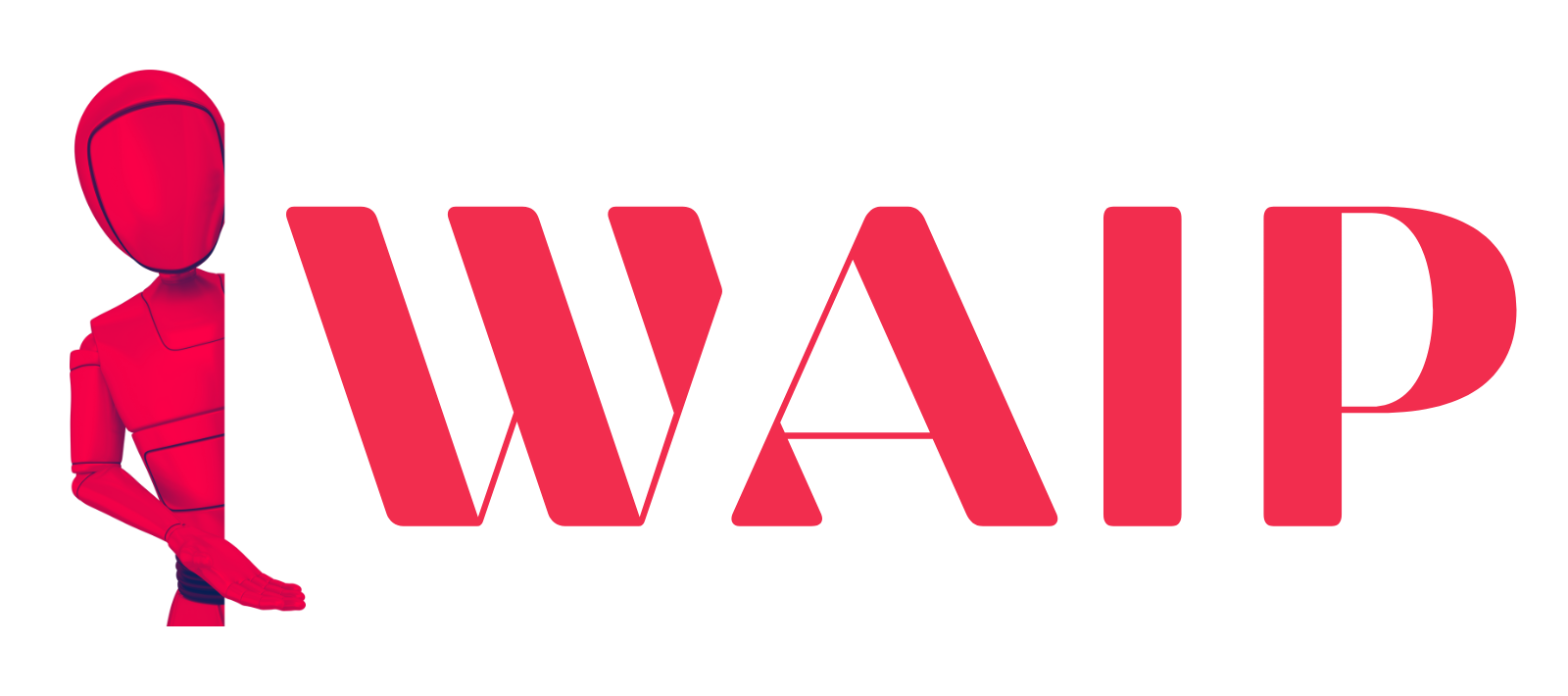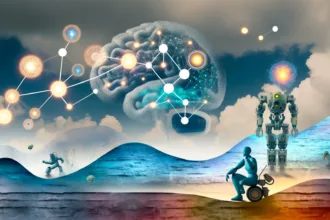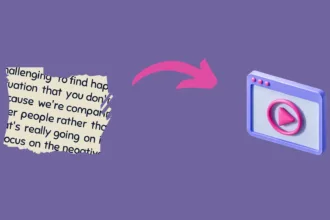ChatGPT is a powerful tool that can be used for many things, like making text, translating languages, and writing different kinds of creative content. However, ChatGPT is often blocked in schools because it can be used for inappropriate or disruptive purposes.
In this blog post, we will discuss why ChatGPT is blocked in schools, how ChatGPT Unblocked School, and the risks of using ChatGPT in school.
Why is ChatGPT Blocked in Schools?
There are a few reasons why ChatGPT is blocked in schools:
- It can be used to generate inappropriate content, such as hate speech or pornography.
- It can be used to cheat on tests or assignments.
- It can be used to disrupt class by distracting students or taking up their time.
- It can be used to spread misinformation or propaganda.
Why ChatGPT Need in Schools?
Despite the risks, ChatGPT can also be a valuable tool in schools. It can be used for a variety of educational purposes, such as:
- Helping students learn new vocabulary and grammar.
- Teaching students about different cultures and languages.
- Helping students with their writing skills.
- Encouraging students to be creative.
- Providing students with a safe space to talk about their feelings.
How to Unblock ChatGPT in School
Here are 10 steps to try to ChatGPT Unblocked School environment:
1. Use VPN (Virtual Private Network)
VPNs create a secure tunnel between your device and the internet. This tunnel encrypts your traffic, preventing your school network from viewing or modifying it. By connecting to a VPN, you are effectively masking your true location and bypassing any blocks the school might have set up. ProtonVPN and TunnelBear are suggested free options.
2. ChatGPT Mobile App
Some web filtering tools work specifically on browser traffic. By using a standalone app like the ChatGPT mobile app, you might avoid these browser-specific blocks.
3. Clearing Cookies and Using Incognito Mode
Web filters may track user activity through cookies and browsing history. By clearing cookies and using incognito mode, you can avoid being profiled based on your past online activity. This method is not foolproof, but it can occasionally help.
4. Use Personal Device
A school’s IT department will likely install filtering software or settings on school-issued devices. Personal devices, however, won’t have these filters, so accessing ChatGPT from them may be unrestricted.
5. Use Mobile Hotspot
This method involves using your mobile phone’s data to access the internet rather than relying on the school’s WiFi. By doing so, you avoid the school’s network controls entirely.
6. Manual Whitelisting
If you can demonstrate an academic or educational need to use ChatGPT, teachers or IT personnel might whitelist the site for you, bypassing any blocks. Always be respectful and honest when making such requests.
7. Disabling JavaScript
Some website filters and blocks operate through JavaScript. By disabling it in your browser, you might bypass these blocks. However, note that many websites rely on JavaScript for functionality, so this might render some sites unusable.
8. Abbreviated URLs
Some network filters block websites based on their URL. Using a different or abbreviated URL can sometimes sidestep these filters. In this case, the mentioned URLs (chat.openai.com and cpt.ai) redirect to ChatGPT and may not be on the block list.
9. Modifying DNS/hosts File
The DNS (Domain Name System) translates website names to IP addresses. By modifying your device’s DNS settings or hosts file, you can direct your computer to bypass the school’s DNS servers and directly access the desired website. This is more advanced and might require some technical know-how.
10. Accessing Outside Restricted Areas/Times
Some schools may have time or location-based filters. For instance, accessing ChatGPT after school hours or from certain locations like the library might not be restricted. Always be aware of school policies and avoid accessing during times or places that could get you in trouble.
ChatGPT Unblocked School: Is It Good or Bad
Whether or not it is good or bad for schools to unblock ChatGPT depends on a number of factors, including the school’s policies, the students’ maturity level, and the way ChatGPT is used.
On the one hand, ChatGPT can be a valuable tool for learning. It can be used to generate creative text formats, like poems, code, scripts, musical pieces, email, letters, etc., and answer your questions in an informative way, even if they are open ended, challenging, or strange. This can help students to learn new things and to develop their creativity.
The Risks of Using ChatGPT in School
- Distraction: ChatGPT can be a very distracting tool, especially for students who are easily tempted to use it for non-educational purposes. This can lead to students falling behind in their studies or not paying attention in class.
- Academic dishonesty: ChatGPT can be used to cheat on assignments and tests. Students may use ChatGPT to generate answers to questions or to write essays. This can give students an unfair advantage over their classmates and can undermine the integrity of the educational process.
- Cyberbullying: ChatGPT can be used to bully or harass other students. Students may use ChatGPT to create fake profiles or to spread rumors about other students. This can have a negative impact on the victim’s mental health and can make them feel unsafe at school.
- Data privacy: ChatGPT is a large language model that is trained on a huge set of text and code.. This data includes information about people, places, and events. If students use ChatGPT to generate text, this information could be collected and used by ChatGPT’s developers or by other third-party organizations. This could pose a risk to students’ privacy.
- Security risks: ChatGPT is a complex piece of software that is constantly being updated. There is always the potential for security vulnerabilities to be exploited by hackers. This could allow hackers to access students’ personal information or to disrupt the school’s network.
Conclusion
ChatGPT is a powerful tool that can be used both for good and bad. It is important to use it responsibly and under the supervision of a teacher or other adult. If you are considering using ChatGPT in school, it is important to weigh the risks and benefits carefully.
FAQs: ChatGPT Unblocked School
Why is ChatGPT often blocked in schools?
ChatGPT might generate inappropriate content, facilitate cheating, distract students, spread misinformation, or propagate propaganda.
What are the educational benefits of ChatGPT in schools?
ChatGPT aids in learning vocabulary, understanding cultures, enhancing writing skills, fostering creativity, and offering a safe space for students to express feelings.
How can I potentially unblock ChatGPT in school?
Some methods include using a VPN, the ChatGPT mobile app, personal devices, manual whitelisting, or accessing outside restricted areas.
What risks does ChatGPT pose in school settings?
Risks encompass distractions, academic dishonesty, cyberbullying, data privacy concerns, and potential security vulnerabilities.
Are there concerns regarding data privacy with ChatGPT?
Yes, ChatGPT processes vast text datasets. Data input might be utilized by developers or third-parties, potentially compromising student privacy.

![Best Mobile Games Your Should Try in 2024 [Trending Now] 2 Best Mobile Games](https://wideaiprompts.com/wp-content/uploads/2024/03/Best-Mobile-Games-330x220.webp)



![Best Mobile Games Your Should Try in 2024 [Trending Now] 9 Best Mobile Games](https://wideaiprompts.com/wp-content/uploads/2024/03/Best-Mobile-Games-150x150.webp)


